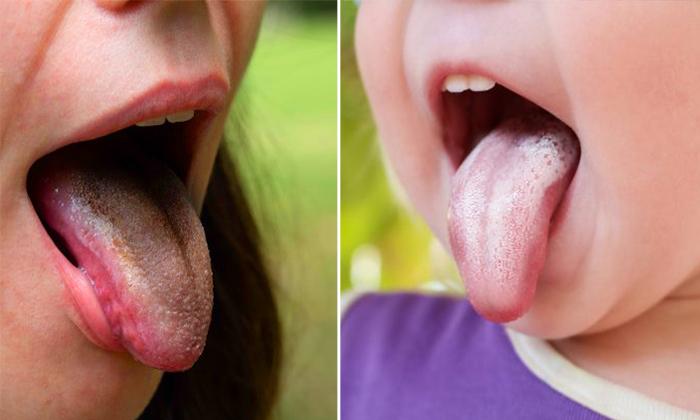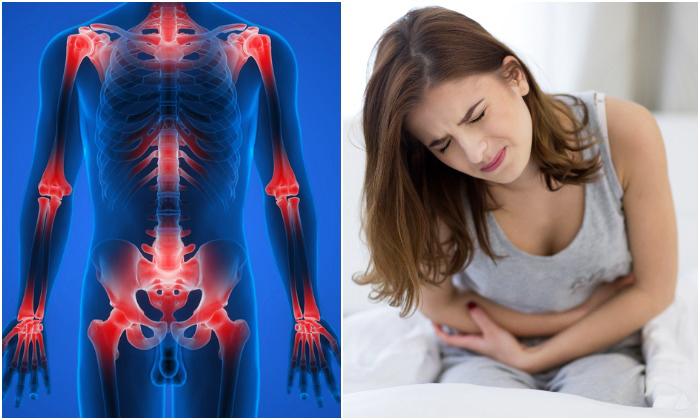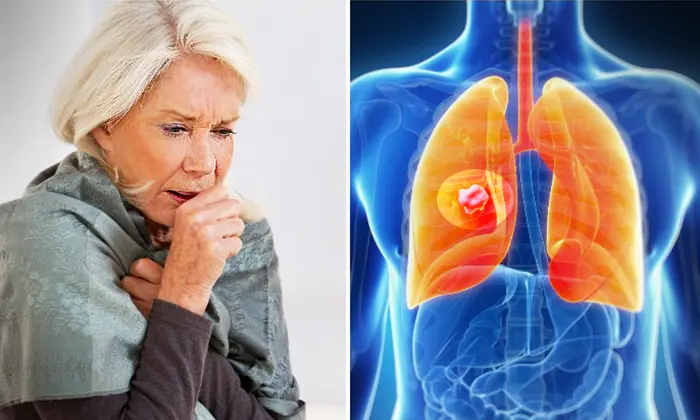Your skin is important not only for your appearance and for beauty reasons, but also because it can reveal issues with your overall health.
Your skin, the largest part of the body, is the organ that comes directly into contact with the world around you. Therefore, it has the very important job of preventing harmful microbes from entering your body but it’s also responsible for allowing you to interact with and react to your environment. It has many nerve endings that allow you to feel things such as heat, cold, and pain.





